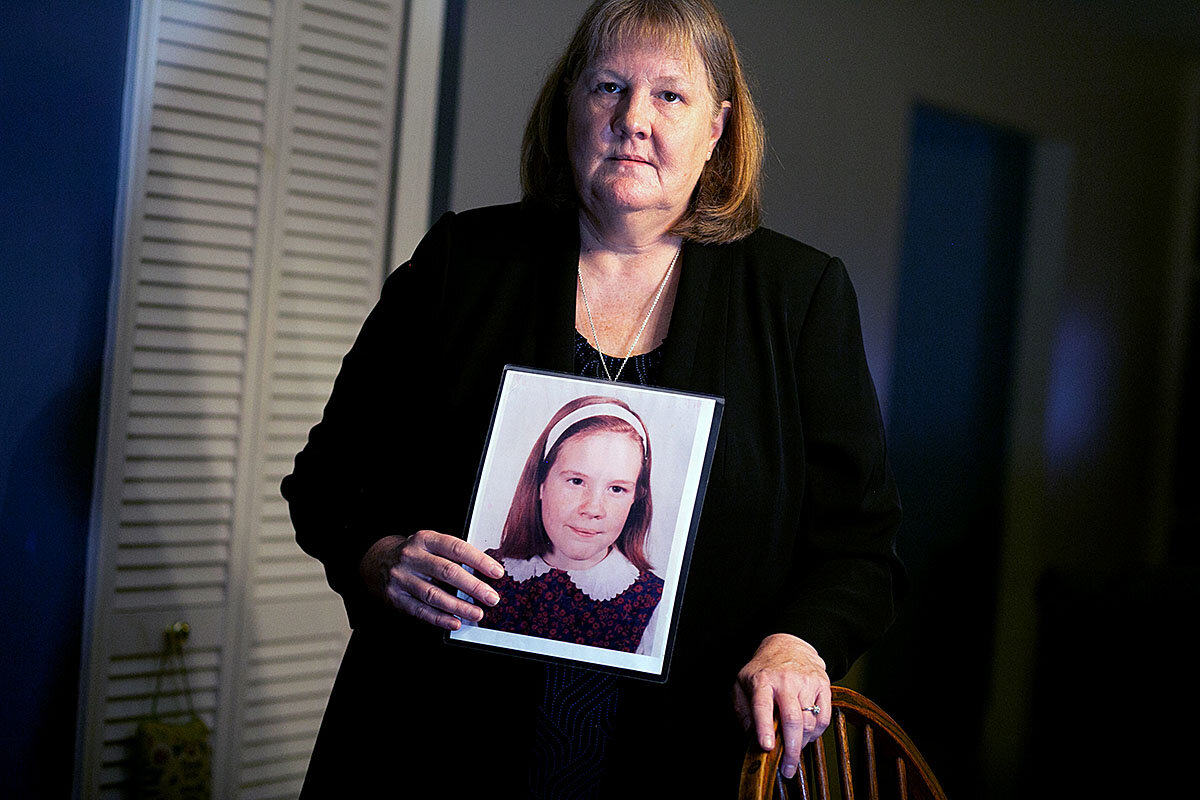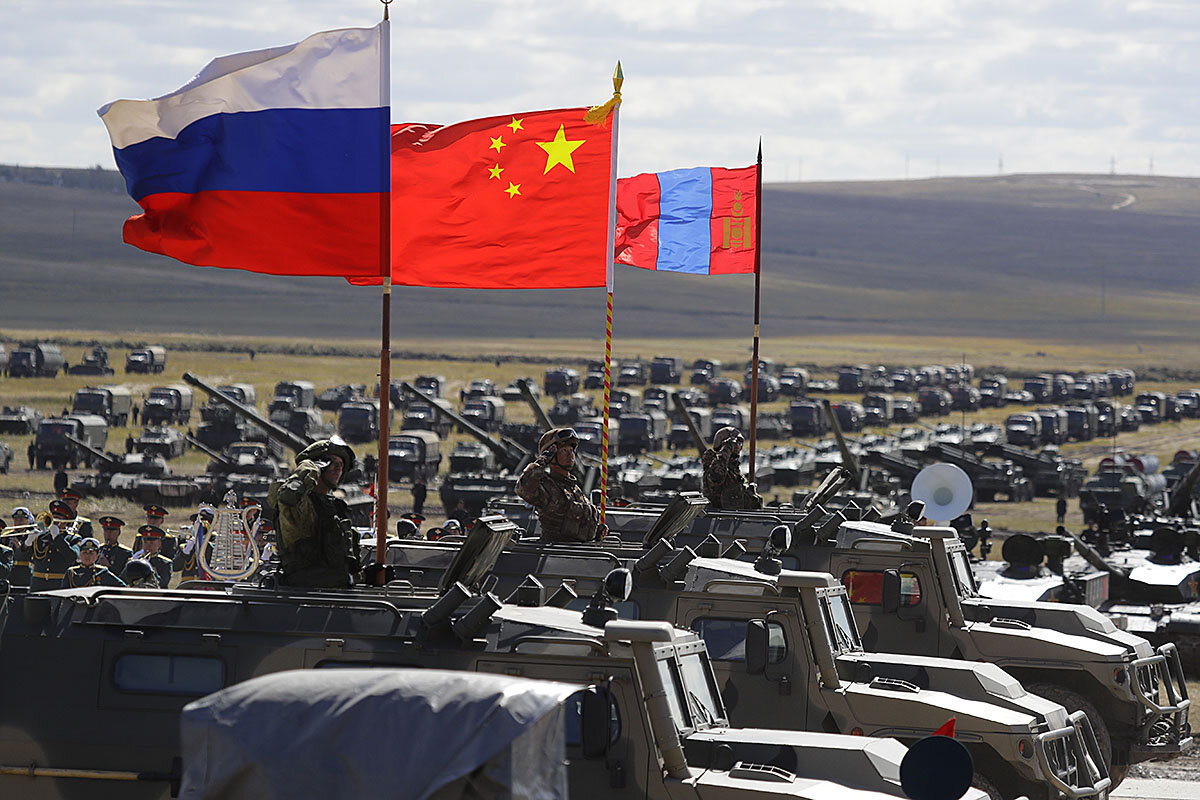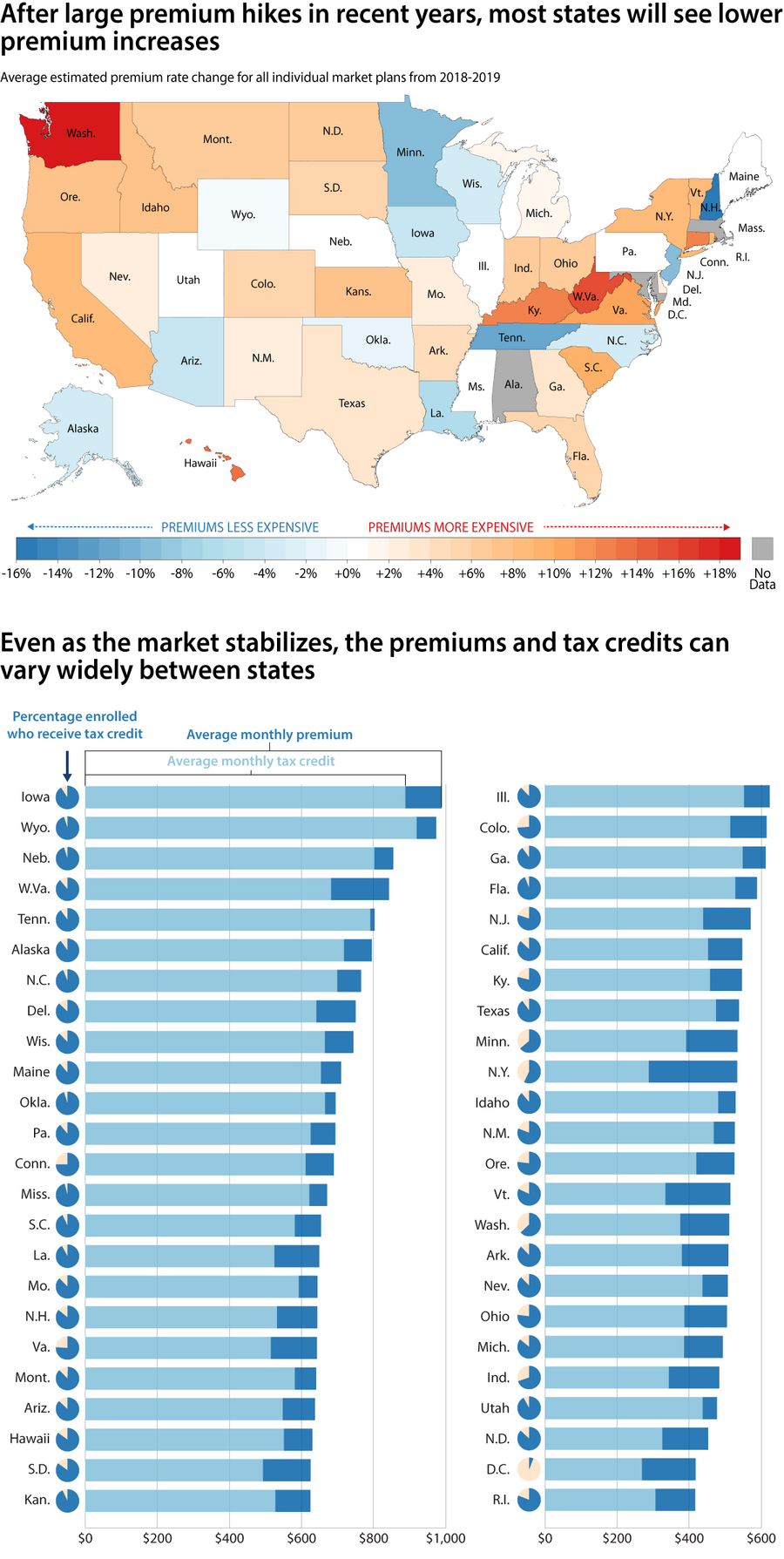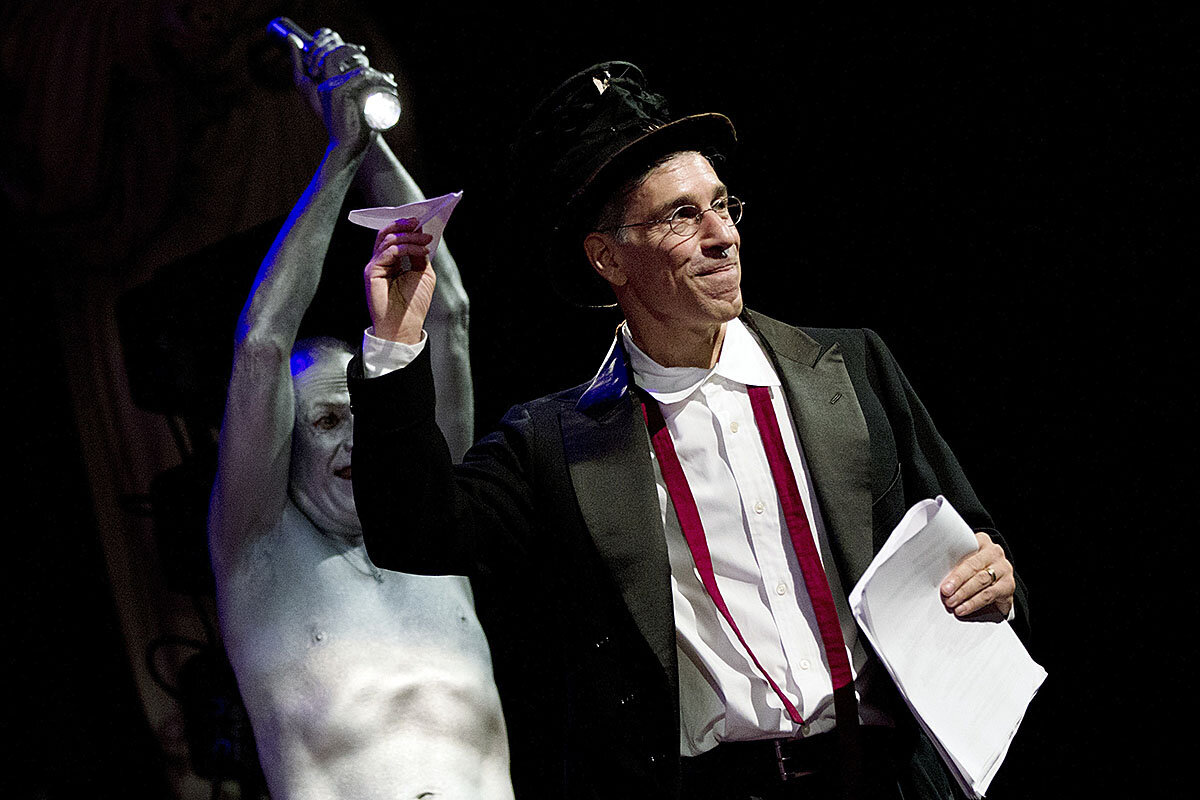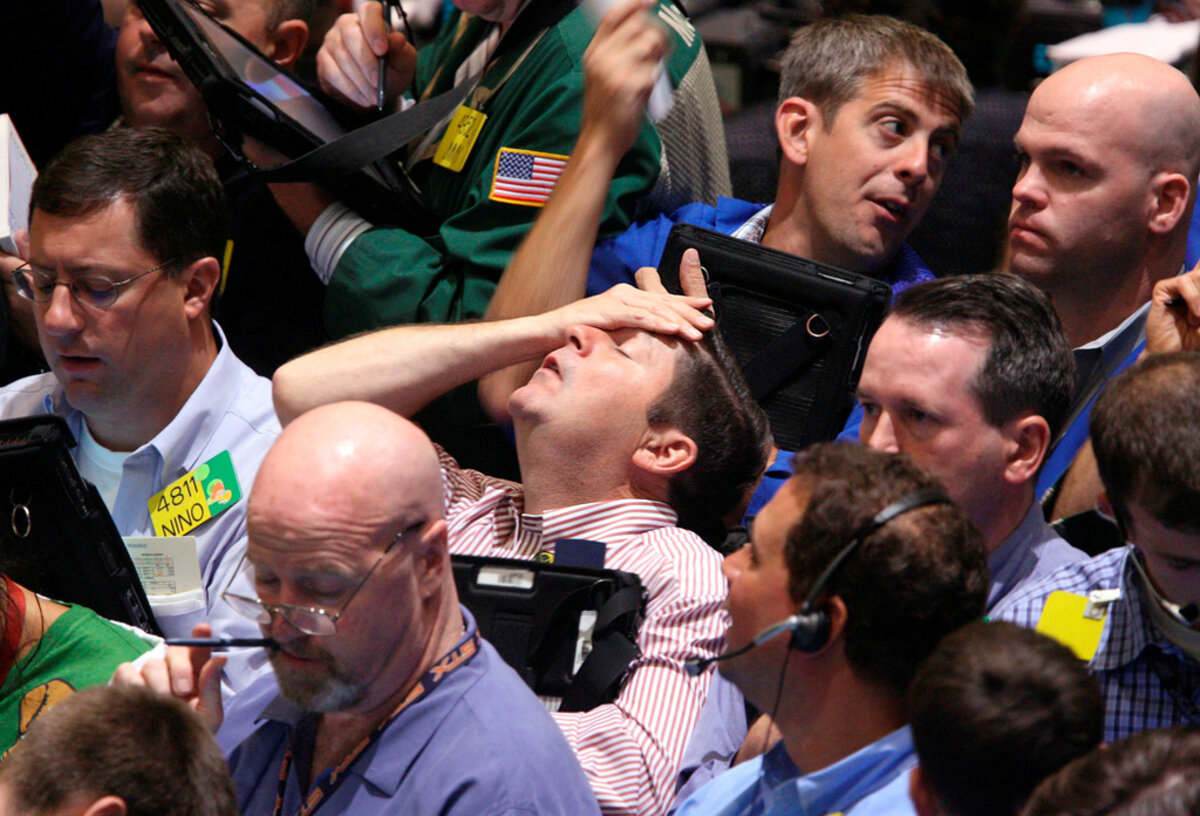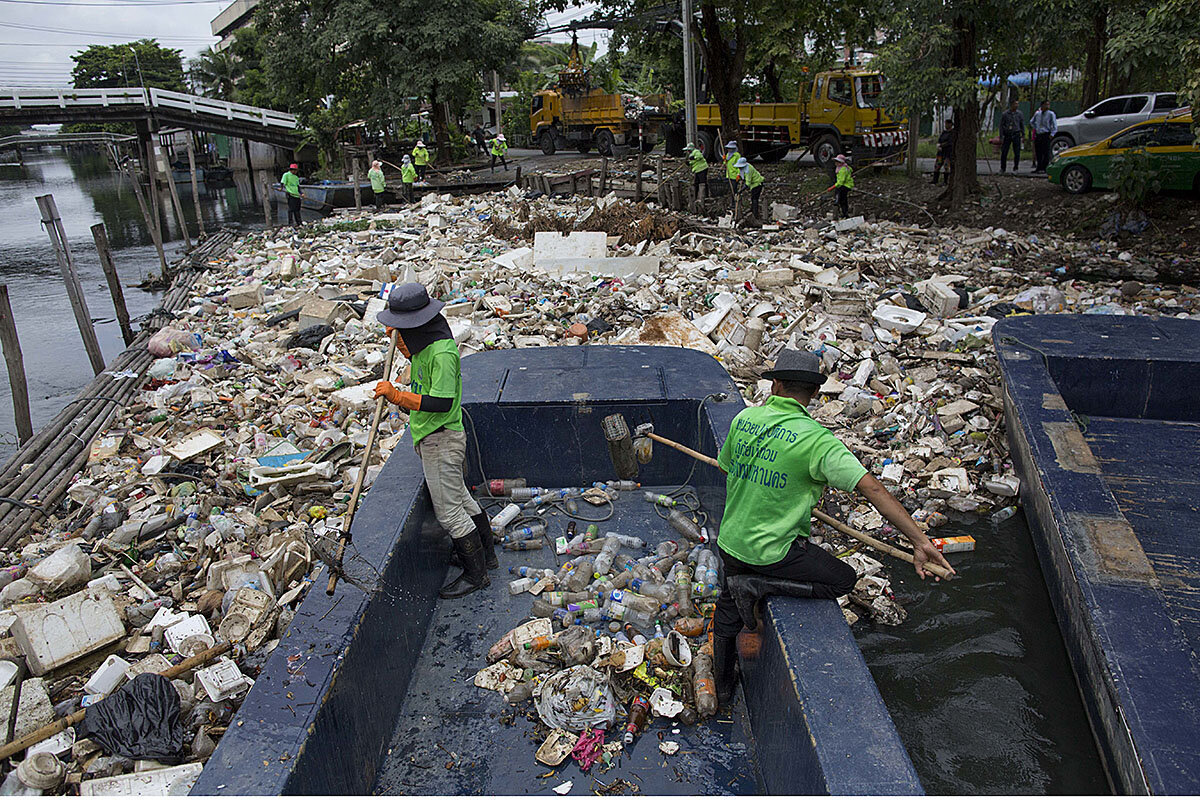The question overlays every detailing of the sexual abuse of children by trusted spiritual figures: How can there be justice for such a crime? We asked several of those now-grown children what, exactly, ‘justice’ would mean for them.
Monitor Daily Podcast
- Follow us:
- Apple Podcasts
- Spotify
- RSS Feed
- Download
 Mark Sappenfield
Mark Sappenfield
If you click on this link, you will see a map of the area around Lawrence, Mass., Thursday night. Each one of the dots in the constellation denotes a report that a house was leaking gas, was on fire, or had exploded. There were more than 60. It looks like a war zone. And the first responders called to the scene said it felt like exactly that. The massive gas leak was “something that I’ve never experienced in my fire service career, and hopefully I don’t have to experience it ever again,” said one local fire chief.
Yet the responders flooded in – from towns next door and across the region. And as our Clay Collins (who lives not far away) listened to the response on a scanner app, he was struck by “that reassuringly calm choreography we’re accustomed to hearing” – whether it was 9/11 or the California fires. When the crew on a truck from neighboring Topsfield that had been standing by for hours asked to be spelled, “relief was dispatched immediately,” he notes.
Staff writer Patrik Jonsson has seen the same thing covering multiple hurricanes. And he’s getting a glimpse within his own family. His wife is training to become a volunteer firefighter, and one lesson they learn, he says, is “walk, don’t run.”
This weekend in the Carolinas, the wind and water will also unleash a different force: poise. “ 'Balletic' is a good word,” Patrik adds. “Grace amid chaos is how I've seen it play out in real-time situations.”
Now, here are our five stories for the day, which explore how thought is shifting in massive war games in Russia and in an idyllic house for Muslim women in Jordan. And we also invite you to explore for yourself how well Obamacare is working.




